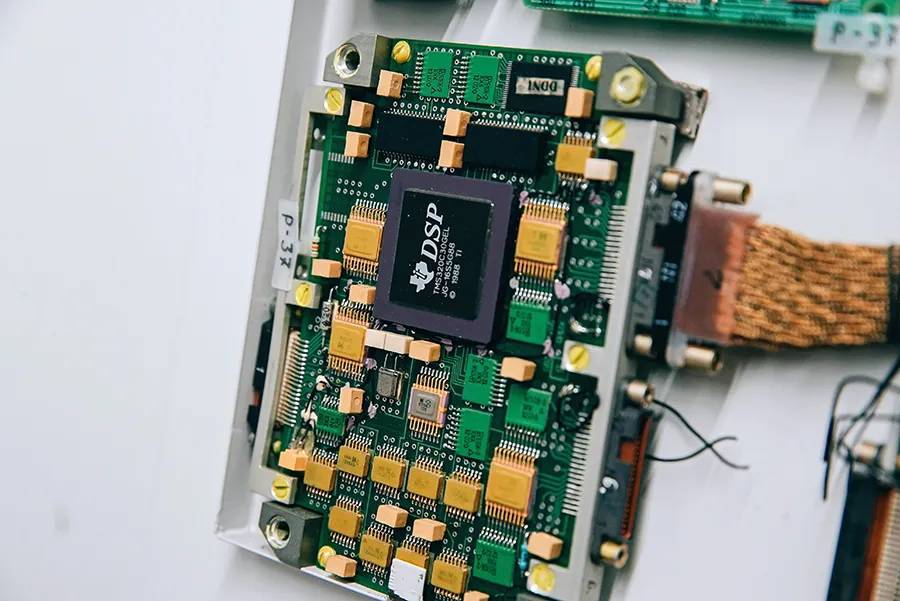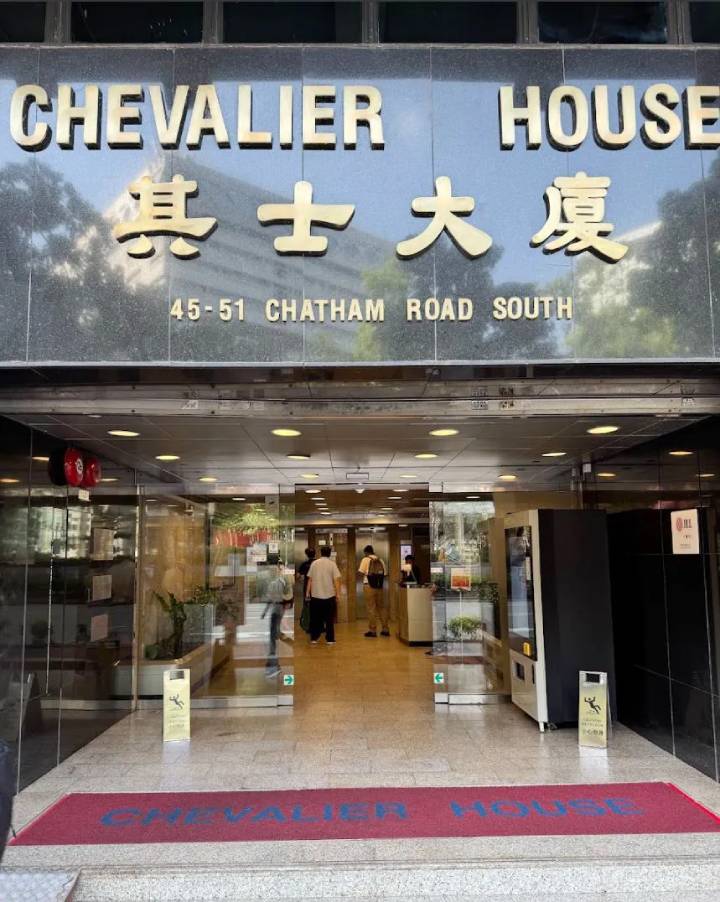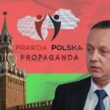The obtained Russian documents show how Putin’s forces continue to buy American semiconductors.
Ever since the United States and its allies imposed sanctions on Russia, Western officials have been concerned that Moscow continues to buy American technology that helps missiles fly and hit their targets. The wreckage of Russian missiles and drones found on battlefields is full of equipment from Western firms. Last year, Putin bought more than $1 billion worth of American and European chips. These were mostly companies such as Intel, Advanced Micro Devices Inc. and Infineon Technologies AG.
Although Moscow was able to start producing some parts on its own, even before the sanctions were imposed, or replaced them with those made in China. Still, Russia is still dependent on many Western-made technologies.

Chips are relatively simple microchips, but they play a key role in Russia’s ability to produce weapons and thus continue this war. Ukrainian investigators have found and cataloged more than 4,000 Western components used in Russian weapons since the invasion.
How do Putinists circumvent trade controls?
A trove of records obtained by Bloomberg reveals new details about this surprisingly resilient supply chain from Silicon Valley to Moscow.
The purchase process is very simple. Russian distributors have integrated information from Texas Instruments’ online store, the TI store, into their trading platforms. This allows customers to see semiconductor stocks and prices before they place requests. From Moscow or St. Petersburg, they can buy TI components with a few clicks of the mouse. The order is placed on the website and then delivered to the specified address, outside of Russia.
In one case reviewed by Bloomberg, a Russian distributor processed more than 4,000 orders for hundreds of thousands of TI products, worth about $6 million. And that was just in the previous four months. Almost $4 million of these orders were destined for Russian military companies. Before reaching Russia, the goods passed through Hong Kong or other countries.
For example, among the intermediaries from Hong Kong are the following companies: Sure Technology, Chipower Electronics and Horsway Tech. All three Hong Kong companies are located in old office buildings occupied by company formation agents. They help corporations establish an address in the city without the presence of on-site staff. On the walls near the entrances are displays or A4 sheets of paper with long lists of companies using these offices as official addresses in Hong Kong.

Publicly available company registry data and recruitment data indicate that these firms are subsidiaries of Chinese trading companies based in Shenzhen, and that at least one of them is looking for Russian-speaking employees. On Liepin, one of the most popular job search sites in China, Sure Technology’s advertisement states that the company is looking for people with experience in exporting electronic components who are fluent in Russian.
The parent companies in Shenzhen did not respond to emails seeking comment, or their email addresses were not working. Employees who answered the phone said that the responsible persons could not comment.
According to the data, goods are delivered from Hong Kong to Russia mainly through the transportation company Sea Global SCM Ltd. and the Russian airline Aeroflot. Sea Global did not respond to requests for comment, and Aeroflot did not respond to requests for comment.
At the end of the supply chain is a group of distributors, including Arvis Group, Alternativa and Getchip. All of the companies are registered at addresses on Khokhryakov Street in Yekaterinburg, according to the Russian company register.
The Russian distributor applies a 40% markup to TI prices. European officials have said that this markup covers the entire delivery and payment process.
TI chips, for example, have been found in Russia’s Kinzhal missiles and Lancet-3 air-launched attack drones. The company accounts for about 14% of the components found by the Ukrainian authorities after strikes on the country. Texas Instruments is the second largest manufacturer of foreign-made parts found in Russian weapons.
Exports of prohibited items to Russia are illegal, but shipments to most other countries are not explicitly banned. Many shipments cross several jurisdictions before reaching Russia, making verification difficult and the burden of responsibility unclear.
The business looks strong: Getchip’s revenue last year grew 65.5% compared to 2022, reaching 6.7 trillion rubles ($68.2 million), according to the registry. The three firms did not respond to requests for comment.
“Western manufacturers can certainly do a better job of due diligence to prevent chips from reaching Russians,” said Maria Shagina, a senior research fellow at the International Institute for Strategic Studies. ”This requires adopting a holistic approach to risk management: moving from formal compliance to a comprehensive and research-based approach.”
Technologies invented and produced by Western scientists and engineers are being turned into weapons by Russians. This will continue until the governments of the free world stop the flow of technology to dictatorial regimes.
At present, the countries of the Axis of Evil – Russia, China, Iran, North Korea – are using free trade, created and supported by democratic countries, to accumulate weapons, to prepare for war, for more murders, for more crimes against humanity.








